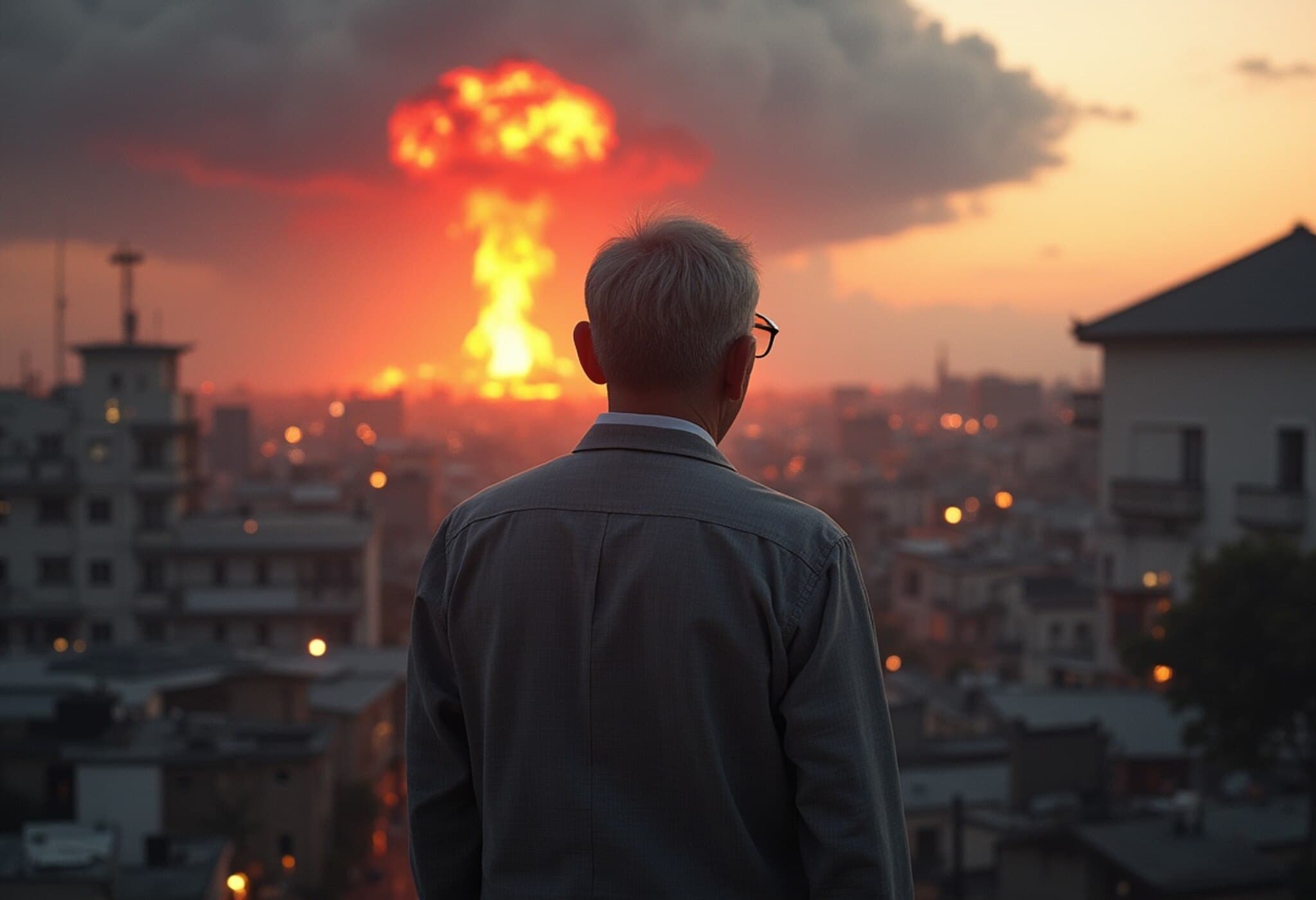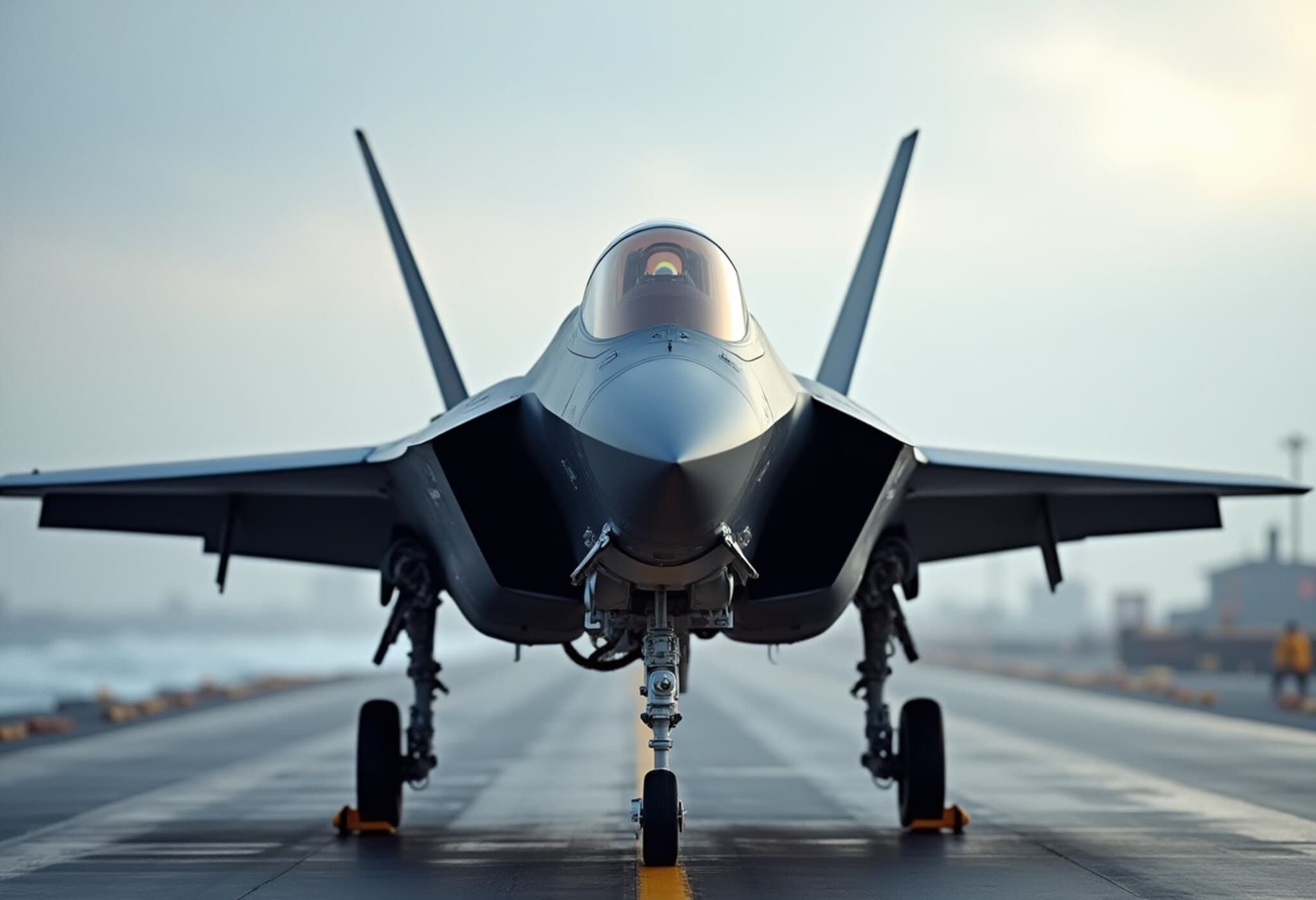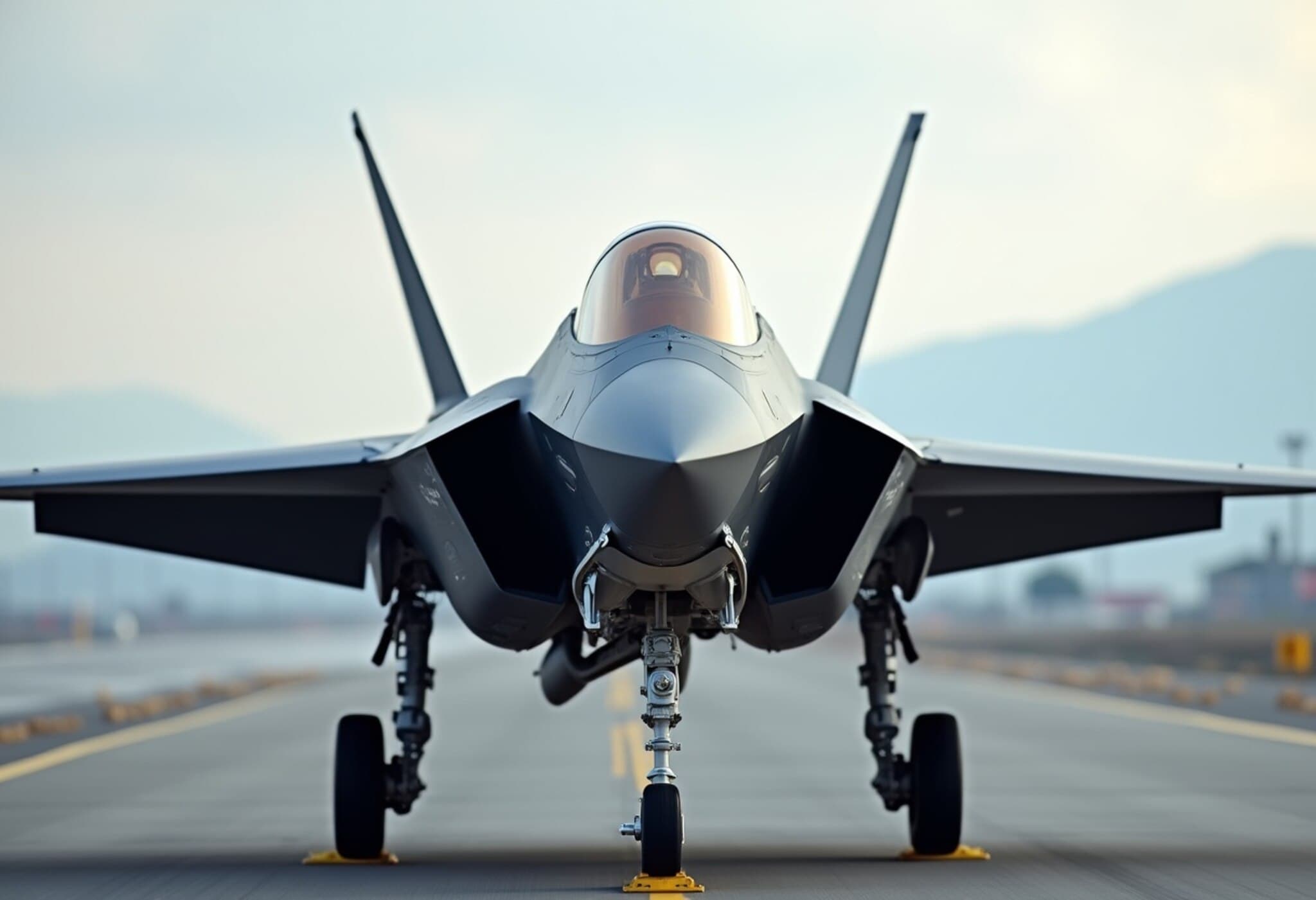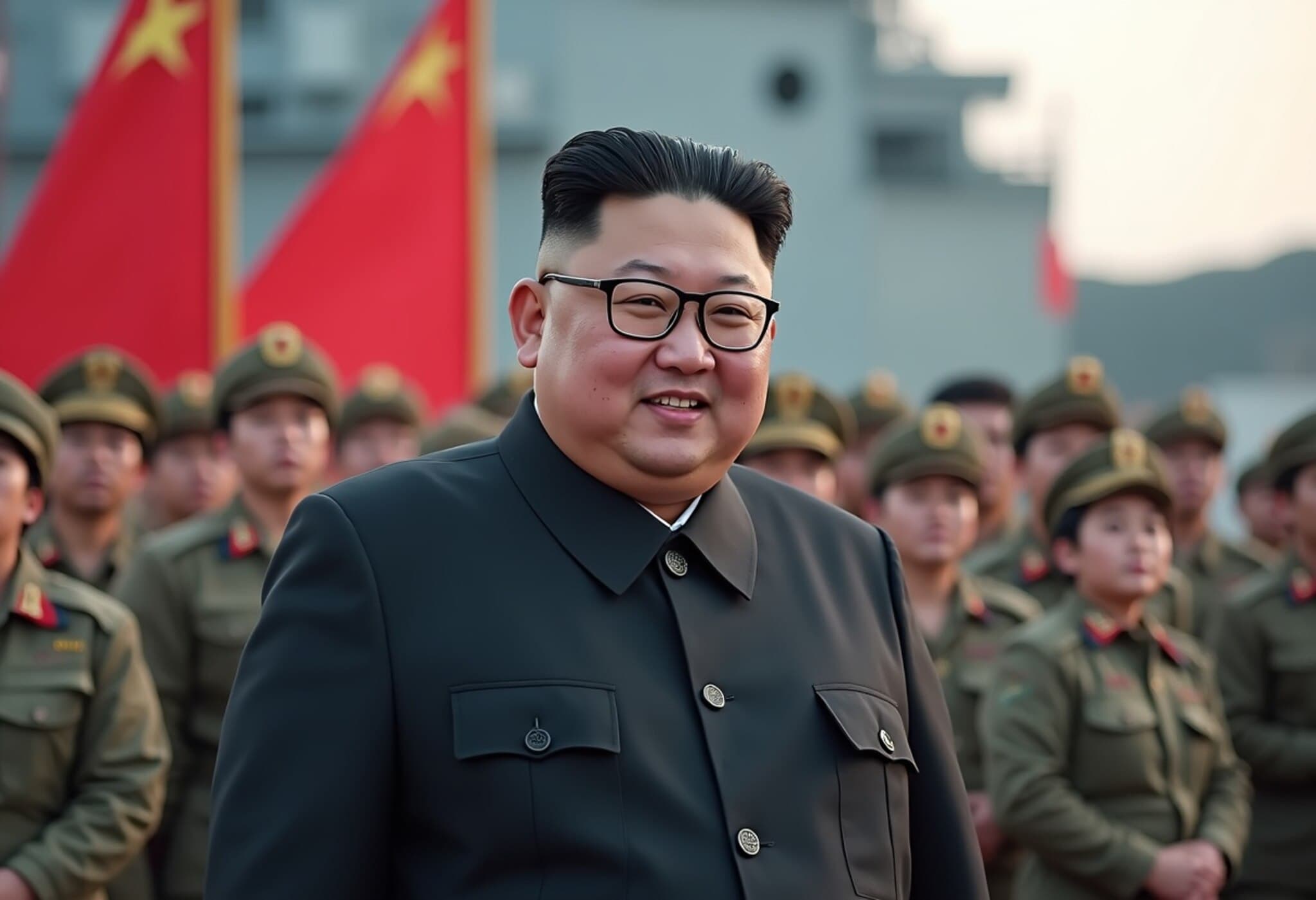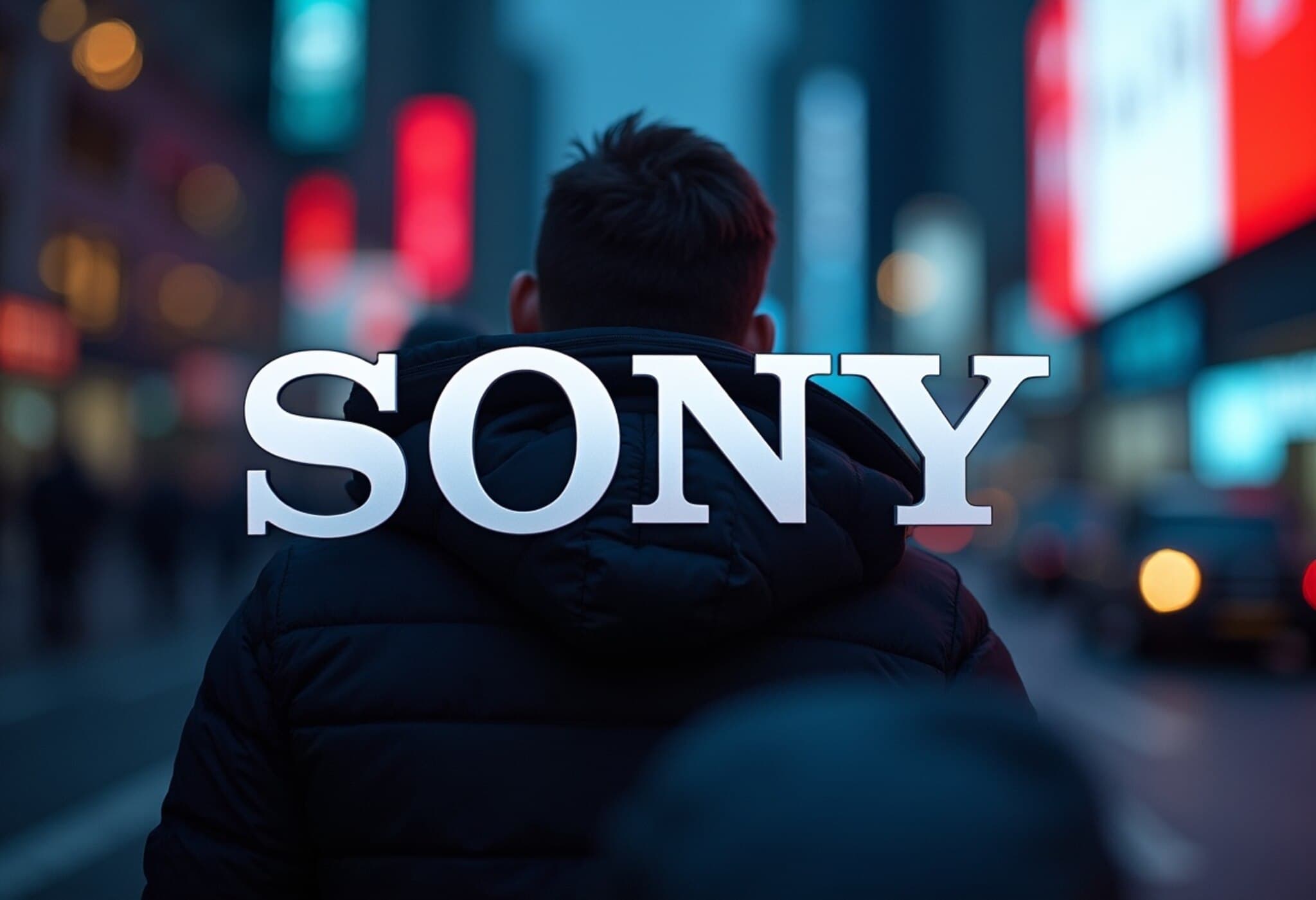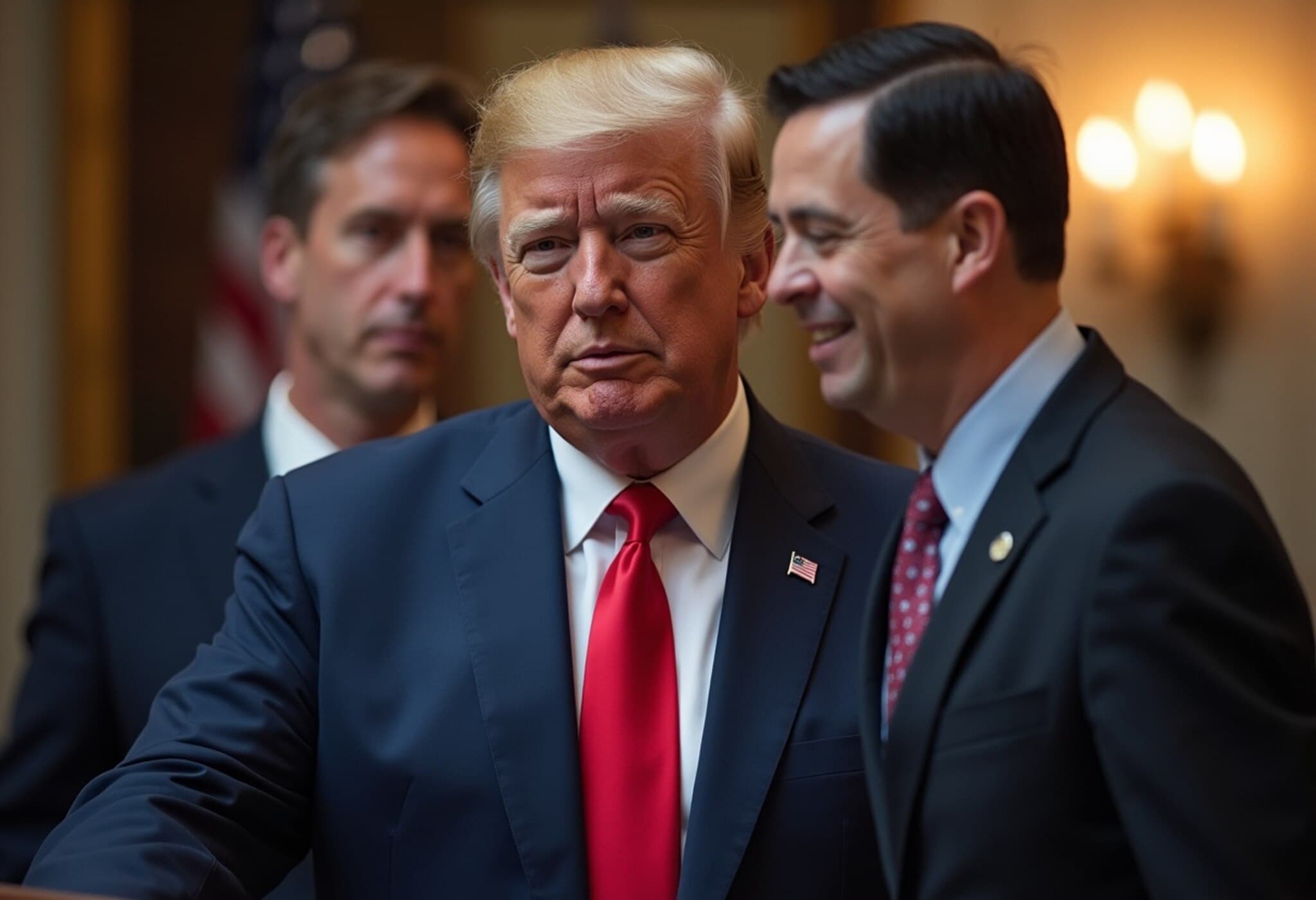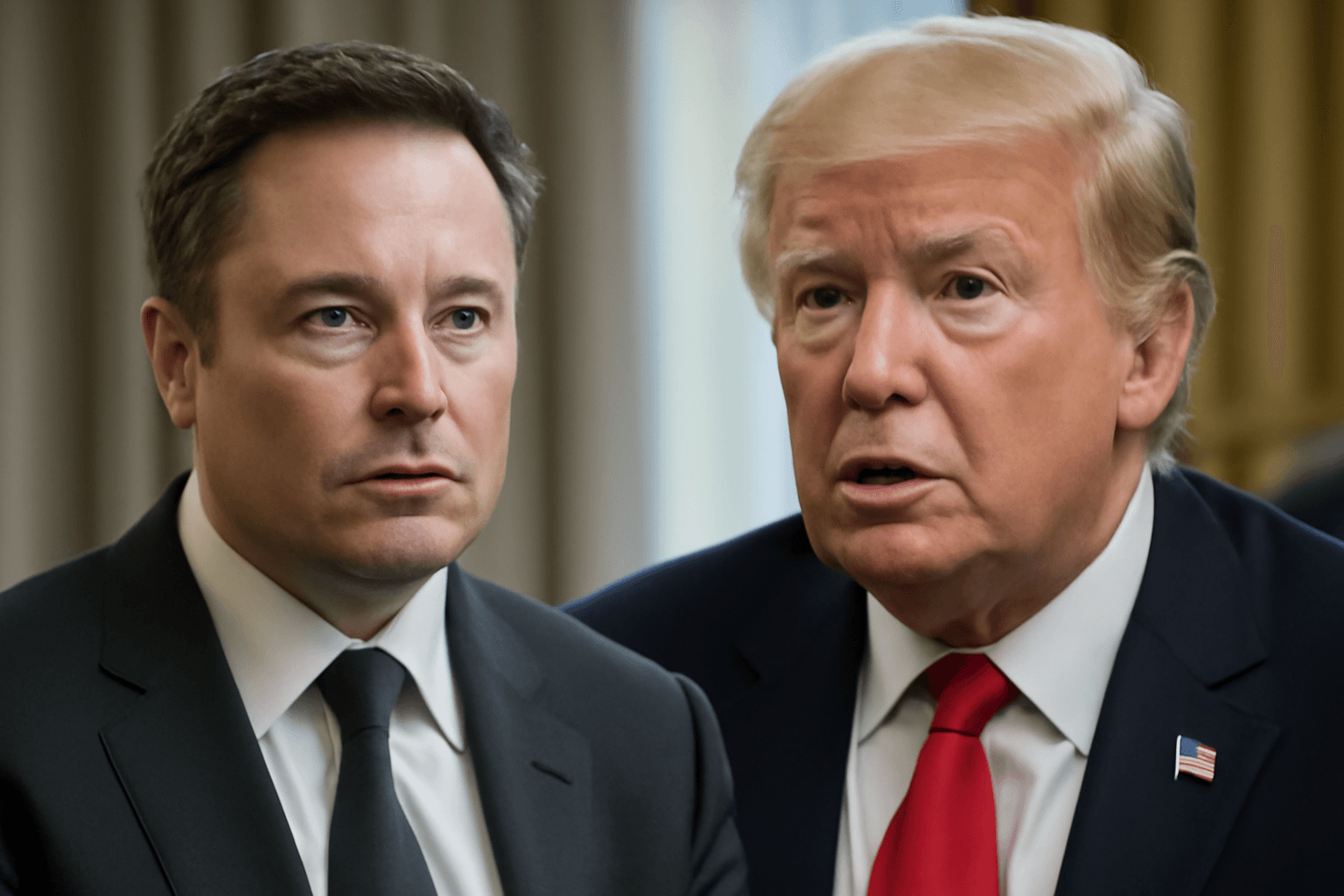Hiroshima Marks 80th Anniversary of Atomic Bombing Amid Renewed Nuclear Alarm
On August 6, 2025, Hiroshima solemnly observed the 80th anniversary of the devastating U.S. atomic bombing that leveled much of the city and claimed approximately 140,000 lives. As survivors—many now over the age of 86—gathered around the iconic Peace Memorial Park, their voices echoed a profound frustration about the escalating nuclear threats facing the world today.
Legacy of Devastation Meets Contemporary Nuclear Anxiety
The memory of that fateful day in 1945 is etched into global consciousness, yet the shadow of nuclear weapons persists—if not intensifies. In his powerful address during the ceremony, Hiroshima Mayor Kazumi Matsui cautioned against the dangerous resurgence of nuclear arms rhetoric and military expansions, spurred by geopolitical tensions such as Russia's ongoing conflict in Ukraine and turmoil in the Middle East.
"These developments flagrantly disregard the lessons the international community should have learned from the tragedies of history," Matsui warned, underlining the risk that decades of painstaking peace efforts could unravel under current nuclear posturing.
Survivors’ Voices: A Race Against Time
The population of atomic bomb survivors—known as hibakusha—is rapidly dwindling, making each annual remembrance increasingly poignant. Organizations like Nihon Hidankyo, which earned the Nobel Peace Prize last year for their relentless advocacy for nuclear disarmament, implore global powers to engage constructively.
“Our biggest challenge now is to change nuclear weapons states that give us cold shoulders even just a little,” the group stated, emphasizing the urgent need for dialogue with nuclear-armed nations.
The hibakusha embody living testimony to nuclear devastation, yet their appeals confront a challenging global landscape where nuclear deterrence remains a cornerstone of security policy for many countries—including Japan itself.
Japan’s Complex Position on Nuclear Weapons
Despite being the only nation to have suffered atomic bombings, Japan remains under the protective umbrella of the United States’ nuclear arsenal, which complicates its stance on disarmament treaties. The government has consistently declined to sign the Treaty on the Prohibition of Nuclear Weapons and refrains from attending related international meetings, drawing criticism from survivor groups who view this as a betrayal of Hiroshima's legacy.
Mayor Matsui’s speech reiterated calls for Japan to embrace the nuclear ban treaty, framing it as a moral imperative to honor the victims and survivors. This contrasts with the government’s cautious diplomatic posture, which prioritizes alliance and strategic deterrence over disarmament advocacy.
Underreported Voices and Lingering Questions
- Many survivors continue to demand official apologies and reparations from the U.S. government, highlighting that compensation has predominantly benefited military veterans rather than civilian victims.
- Some hibakusha express deep disappointment over comments by foreign leaders that seem to rationalize or relativize the bombings, undermining efforts for nuclear abolition.
- The intergenerational transmission of Hiroshima’s lessons faces obstacles, as younger generations grapple with abstract nuclear threats amid competing global crises.
For instance, Kazuo Miyoshi, a 74-year-old who lost family members in the bombing, voiced a heartfelt plea: “I just hope the situation won’t worsen. We do not need nuclear weapons.” His words echo across decades, highlighting the persistent human cost behind geopolitical calculations.
Global Attendance Reflects Ambivalence and Hope
At this year’s ceremony, representatives from a record 120 countries—including Russia and Belarus—joined in a minute of silence at 8:15 a.m., the exact time the bomb was dropped. The release of white doves symbolized a collective yearning for peace amid the world’s fragile security environment.
However, the presence of nuclear-armed states also underscores the complexity of fostering genuine disarmament dialogue. As tensions simmer between global powers, the question remains: How can Hiroshima’s harrowing legacy galvanize meaningful action rather than serve as a somber ritual?
Editor’s Note
The 80th anniversary of Hiroshima is not only a moment to honor those lost but also a crucial juncture to reassess international commitments to nuclear disarmament. With geopolitical rivalries reigniting nuclear rhetoric and modernizing arsenals, the voices of aging survivors gain unprecedented urgency. Their lived experiences challenge policymakers and citizens alike to reconcile security with humanity. Can the world rise above strategic deterrence narratives to embrace a future free of nuclear peril? This question sits at the heart of Hiroshima’s ongoing story and our shared global responsibility.

